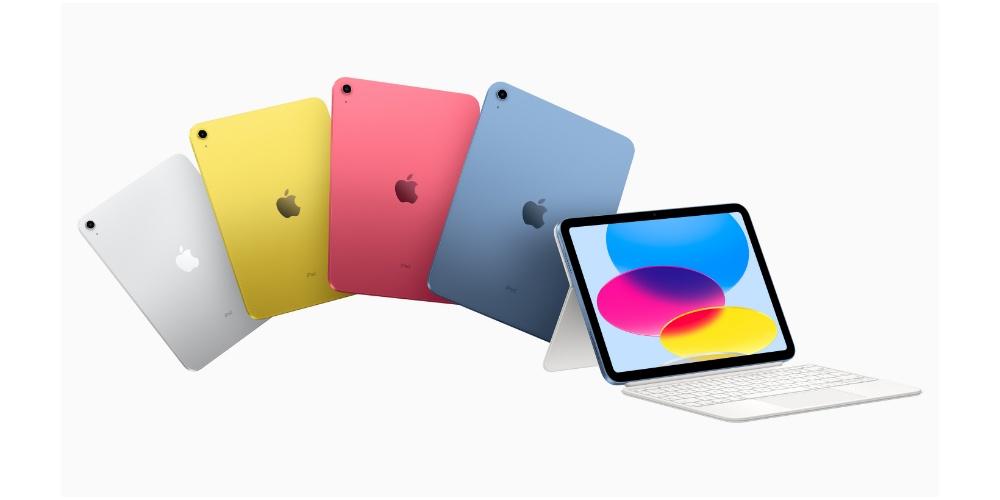

Apple introduced the first generation of Apple Silicon at the end of 2020. Since then, it has introduced the M1 Pro and M1 Max and continues to work on the next generations that it will launch in 2022. However, the Cupertino-based company has lost one of those most responsible for this transition: Jeff Wilcox.
Jeff Wilcox left the Apple offices at the end of December 2021. In his LinkedIn account, we can read how he has worked for the company during the last 8 years leading one of the largest and most ambitious Apple efforts in recent years:
Here’s how Wilcox describes his work at Apple:
Director of the Mac system architecture team, which included all system architecture, signal integrity, and power integrity for Mac systems. Led the transition of all Macs to Apple Silicon from the M1 chip, and developed the SoC and the system architecture behind the T2 coprocessor before that.
At Intel, Jeff Wilcox is the Soc Architecture client team leader in Intel’s Design Engineering group, responsible for the architecture of all Soc for all customer segments of the company.
Wilcox started working at Intel this January. Coincidentally, it is not the first time that Wilcox has worked at Intel. In fact, signed by Apple from Intel where he worked for 3 years as a principal engineer.
Previously, had worked for Nvidia and Magnum Semiconductor. In his farewell letter that he has published on LinkedIn, we can read:
After eight incredible years, I have decided to leave Apple and look for another opportunity. It’s been an incredible journey and I couldn’t be more proud of everything we’ve accomplished during my time there, culminating in Apple Silicon’s transition to the M1, M1 Pro, and M1 Max SOCs and systems.
I will miss all my colleagues and friends at Apple very much, but I am looking forward to the next journey, which will begin at the beginning of the year. More to come!
Hopefully Wilcox’s departure do not affect Apple’s future plans with Apple Silicon.



